Cryptomnesia
How a Forgotten Memory Could Save the Church
Nonfiction, Religion & Spirituality, Christianity, Church, Christian Life| Author: | Christine A. Chakoian | ISBN: | 9781426796289 |
| Publisher: | Abingdon Press | Publication: | September 16, 2014 |
| Imprint: | Abingdon Press | Language: | English |
| Author: | Christine A. Chakoian |
| ISBN: | 9781426796289 |
| Publisher: | Abingdon Press |
| Publication: | September 16, 2014 |
| Imprint: | Abingdon Press |
| Language: | English |
How can we Christians move forward, when our very existence seems imperiled? We already know the way, for we've been through this before. But we have forgotten; we have cryptomnesia. Cryptomnesia is the reappearance of a suppressed or forgotten memory which is mistaken for a new experience. (Collins English Dictionary). The world is changing, and it is changing fast. Social media friendships, global commerce, online education, populist uprisings, e-books, and smartphones are just a sample of the Internet’s growing impact on our lives. Americans are rapidly becoming more mobile, worldly, and secular—all while it feels like the church we know is being left behind. Growing numbers of “spiritual but not religious” show disinterest in church, and mainline churches fear imminent demise. How do we find a way forward? Ironically, by looking backward. We are not the first to experience globalization. In fact, the early church emerged in an age of globalization—the product of the Greco-Roman Empire and its mammoth road-building efforts on three continents. People were connected in ways they had never experienced: Roman citizens were bombarded with new cultures, new commerce, new foods, new ideas, new philosophies, new religions. It was an era of massive dislocation, and at the same time, exactly the right environment for Christianity to emerge and thrive.
“What makes this book so worth reading and discussing is the way our current religious reality in post-Christendom America is a repeat of what the earliest Christians experienced in the Roman Empire. Relearning our past not only gives us courage; it gives us tools for confronting the present and living into a new future. …We have a hidden memory we desperately need to rediscover. I believe the Holy Spirit is at work in our recovery from biblical, theological and historical amnesia.” –Bishop Mike Lowry, Fort Worth Episcopal Area, The United Methodist Church
How can we Christians move forward, when our very existence seems imperiled? We already know the way, for we've been through this before. But we have forgotten; we have cryptomnesia. Cryptomnesia is the reappearance of a suppressed or forgotten memory which is mistaken for a new experience. (Collins English Dictionary). The world is changing, and it is changing fast. Social media friendships, global commerce, online education, populist uprisings, e-books, and smartphones are just a sample of the Internet’s growing impact on our lives. Americans are rapidly becoming more mobile, worldly, and secular—all while it feels like the church we know is being left behind. Growing numbers of “spiritual but not religious” show disinterest in church, and mainline churches fear imminent demise. How do we find a way forward? Ironically, by looking backward. We are not the first to experience globalization. In fact, the early church emerged in an age of globalization—the product of the Greco-Roman Empire and its mammoth road-building efforts on three continents. People were connected in ways they had never experienced: Roman citizens were bombarded with new cultures, new commerce, new foods, new ideas, new philosophies, new religions. It was an era of massive dislocation, and at the same time, exactly the right environment for Christianity to emerge and thrive.
“What makes this book so worth reading and discussing is the way our current religious reality in post-Christendom America is a repeat of what the earliest Christians experienced in the Roman Empire. Relearning our past not only gives us courage; it gives us tools for confronting the present and living into a new future. …We have a hidden memory we desperately need to rediscover. I believe the Holy Spirit is at work in our recovery from biblical, theological and historical amnesia.” –Bishop Mike Lowry, Fort Worth Episcopal Area, The United Methodist Church
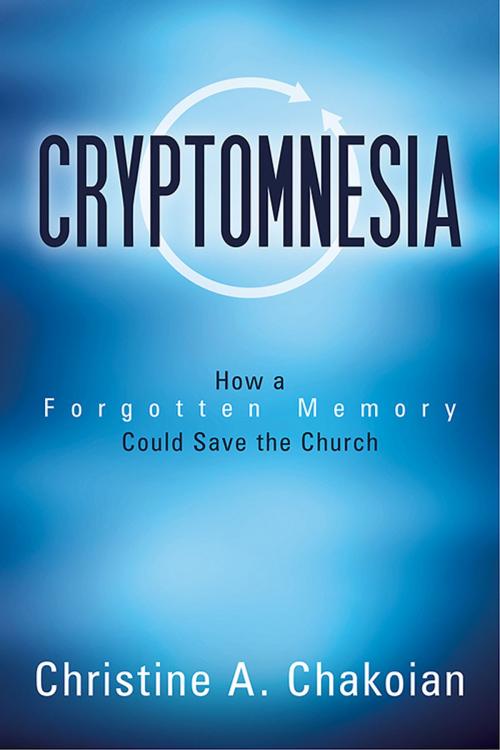
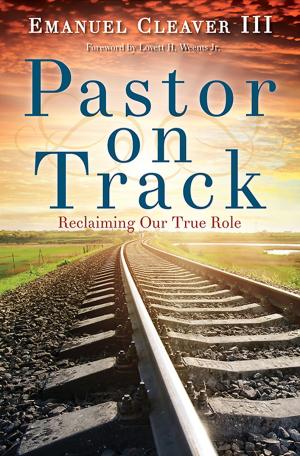
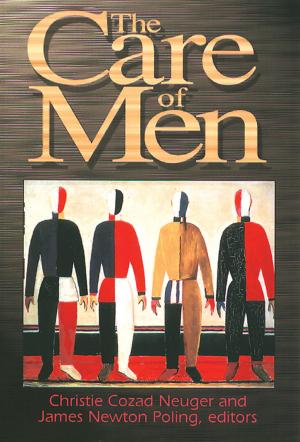

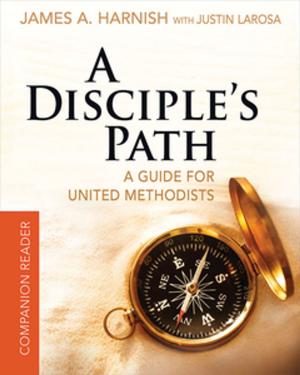
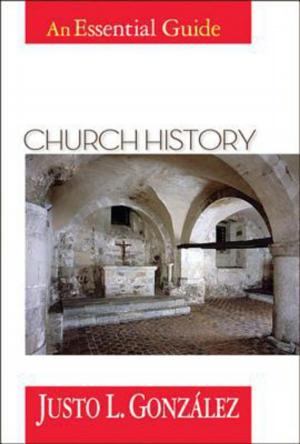




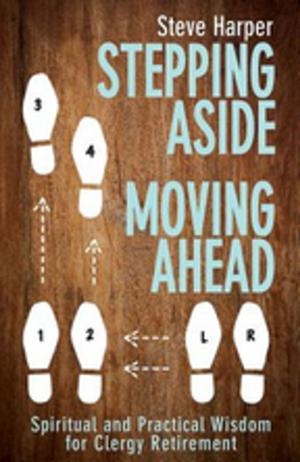


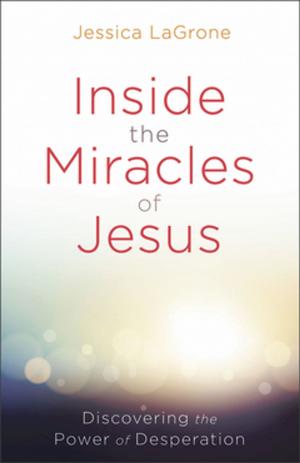

![Cover of the book Prescription for Trouble Bundle #2, Medical Error & Lethal Remedy - eBook [ePub] by Christine A. Chakoian](https://www.kuoky.com/images/2013/november/300x300/9781426791864-KP99_300x.jpg)